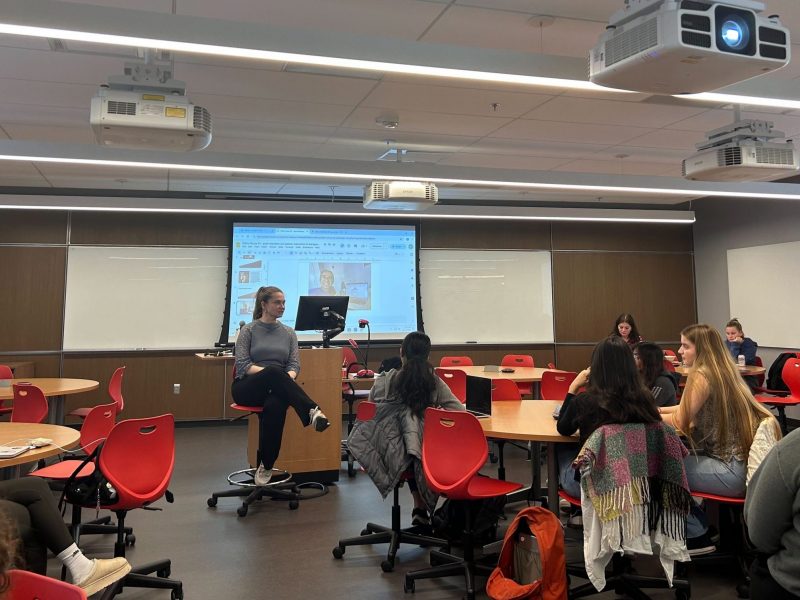After serving nearly a decade as a college dean and transforming the former health college into a nationally accredited public health school, Robert Gold has announced he will step down from his post June 30.
Gold first came to the university to serve as the dean of the former health and human performance college, and by 2007 he had turned it into the only public health school at a public university in the Washington region. After serving two five-year terms as dean, Gold said the school is ready for a new leader.
“I think 10 years is a long enough time and consistent with university policy,” Gold said. “And there is always new opportunity that comes from new blood.”
A 15-member committee — chaired by education school Dean Donna Wiseman — of faculty, students and alumni launched the search for his replacement Oct. 13 and will begin reviewing applications by Dec. 1. Wiseman said the university will ideally fill the position by February or March.
But Wiseman said finding Gold’s successor will be no simple task.
“He was a real visionary and really gave the [public health school] a fresh new look, a fresh new feel and excitement. And boy, that’s a lot,” Wiseman said. “It’s every dean’s dream to leave that.”
In 2005, Gold began to gain university support in combining his former college with the newly created Center for Health Literacy and Maryland Institute for Applied Environmental Health to build the public health school. The school received full accreditation last October, indicating high educational standards and enabling the university to compete for millions of dollars in research funding.
“I would say that Dean Gold was instrumental in getting the new School of Public Health approved by the University system and additionally quite central in the school’s initiative that enabled us to become an accredited school of public health in a very few years,” Elaine Anderson, chair of the department of family science, wrote in an email.
And after recruiting several nationally recognized faculty members and putting this university’s public health programs on the map, Gold said this is the right time to bring in a leader who can continue to address the growing health-care needs of surrounding communities in the face of tight budgeting constraints.
“We’re facing escalating health disparities in the state of Maryland, which made an enormous mound of excessive dollars in terms of health-care costs, lost opportunities, lost productivity,” Gold said. “And we’re coming … to recognize that neither the medical sector nor the public health sector can solve these problems alone.”
The substantial challenges facing Gold’s successor also provide him or her with an opportunity to increase the scope of the school’s service to the public, he said, as well as its partnerships with community organizations.
“We need a dean to come in and build the kind of partnerships necessary across many different sectors to begin to address these issues in a significant way,” Gold said, adding that he would like the next dean to carry out more community-based intervention work.
Wiseman said though Gold’s replacement may choose to take the public health school in a new direction, he or she will hopefully build on the school’s existing programs’ successes for a seamless transition.
“It’ll be a challenge to keep that moving and not miss a beat,” she said.
The candidates themselves will have to reflect a wide range of qualities, Wiseman said, including experience working in public health and the ability to maintain student and faculty morale in the face of a tightening budget and use the school’s accreditation to its maximum potential.
“It has to be someone who has the interpersonal skills that can keep faculty excited and engaged,” Wiseman said. “And we also want someone who can take and build on the vision, because things were going up really rapidly under the current dean’s leadership, and we want to keep up the momentum.”
lurye@umdbk.com


